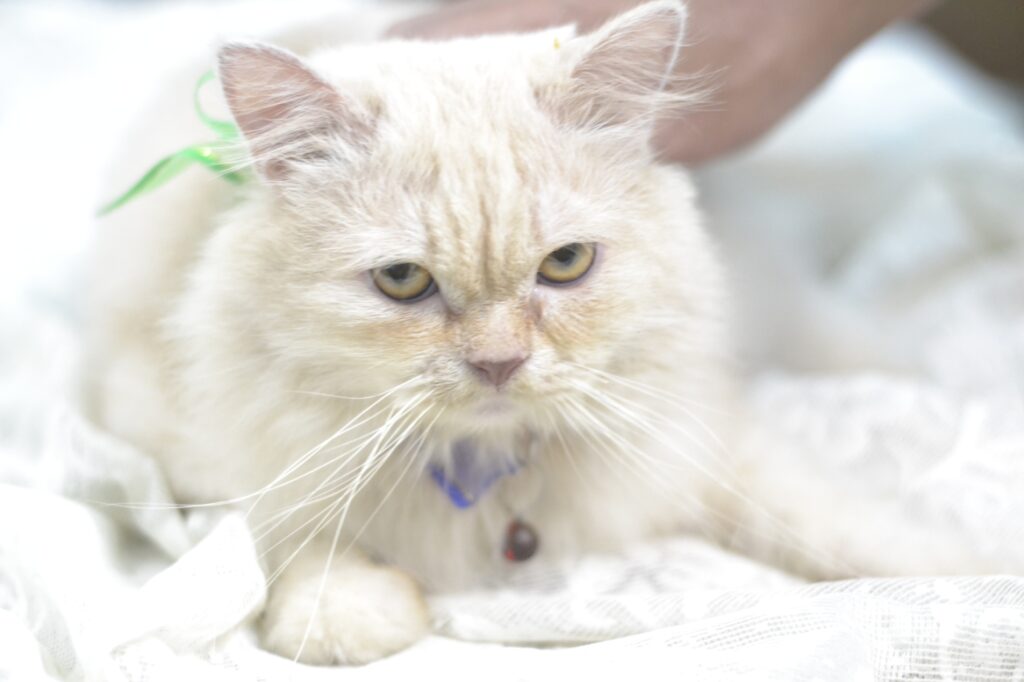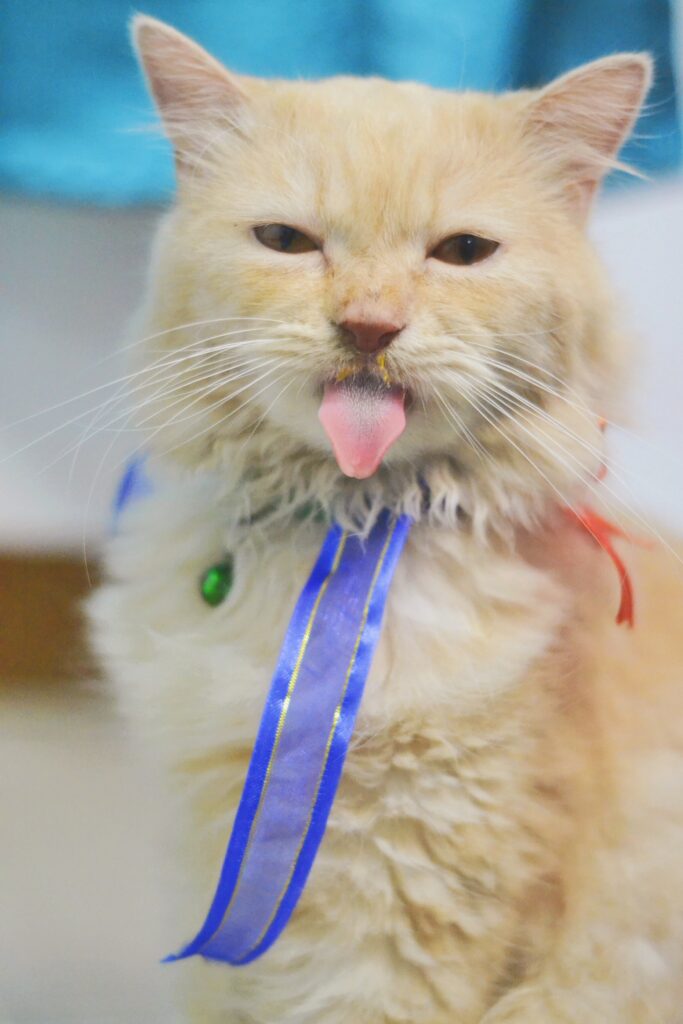There are many ways how to take care of your cat’s kidney. As a cat owner, ensuring your feline friend remains healthy is a top priority. One of the most critical aspects of your cat’s health is kidney function. Cats are prone to various kidney issues, including chronic kidney disease (CKD), which can significantly impact their quality of life. Fortunately, there are several proactive steps you can take to support your cat’s kidney health.

How to Take Care of Your Cat’s Kidneys
1. Provide a Balanced Diet
A proper diet is essential for maintaining your cat’s kidney health. The right nutrition can help slow the progression of kidney disease and support overall organ function.
Key Nutritional Considerations:
- Low Protein Levels: While protein is vital for your cat’s health, excessive protein can put additional strain on the kidneys. Consider feeding your cat a specialized renal diet that contains reduced protein levels while still providing essential amino acids. Brands like Hill’s Prescription Diet k/d or Royal Canin Renal Support are formulated specifically for cats with kidney issues and can help manage their condition effectively.
- Restricted Phosphorus: High phosphorus levels can accelerate kidney damage. A renal diet typically contains lower phosphorus levels to help protect the kidneys from further deterioration. Always consult your veterinarian for dietary recommendations tailored to your cat’s specific needs.
- Increased Omega-3 Fatty Acids: Omega-3 fatty acids, found in fish oil, have anti-inflammatory properties that can benefit kidney function. Including these in your cat’s diet may help improve blood flow to the kidneys and reduce inflammation.
- Hydration: Wet food is an excellent option for cats as it provides additional moisture to their diet, promoting hydration and helping the kidneys flush out toxins more effectively. Aim to incorporate wet food into your cat’s meals or consider adding water to dry food to increase their fluid intake.
2. Ensure Adequate Hydration
Hydration is crucial for maintaining kidney health in cats. Cats with chronic kidney disease often struggle with dehydration due to their kidneys’ decreased ability to concentrate urine.
Tips for Encouraging Hydration:
- Fresh Water Supply: Always provide access to fresh, clean water. Change the water daily and ensure that bowls are cleaned regularly to encourage drinking.
- Water Fountains: Many cats prefer drinking from running water sources. Consider investing in a pet water fountain, which can entice your cat to drink more frequently.
- Flavored Water: Adding flavorings like low-sodium chicken or tuna broth (without added salt or seasoning) can make water more appealing to your cat.
- Wet Food: As mentioned earlier, incorporating wet food into your cat’s diet not only provides hydration but also adds variety and flavor to their meals.
3. Regular Veterinary Check-Ups
Routine veterinary visits are essential for monitoring your cat’s kidney health, especially as they age or if they have pre-existing conditions.
Importance of Regular Check-Ups:
- Early Detection: Regular check-ups allow for early detection of potential kidney issues before they become severe. Your veterinarian may recommend annual blood tests for younger cats and biannual tests for older cats.
- Monitoring Kidney Function: Blood tests can measure levels of urea and creatinine, which indicate how well the kidneys are functioning. Your vet may also perform urine tests to assess concentration and detect any abnormalities.
- Adjusting Treatment Plans: If your cat has been diagnosed with chronic kidney disease, regular check-ups will help monitor their condition and adjust treatment plans as necessary. This may include dietary adjustments or medications to manage symptoms and improve quality of life.
4. Manage Weight and Activity Levels
Maintaining a healthy weight is crucial for supporting your cat’s overall health, including kidney function.
Strategies for Weight Management:
- Portion Control: Follow feeding guidelines on the packaging but adjust portions based on your cat’s activity level and weight goals. Overweight cats are at higher risk for developing various health issues, including kidney problems.
- Interactive Playtime: Engage your cat in regular play sessions using toys that stimulate their natural hunting instincts. Interactive play not only helps maintain a healthy weight but also provides mental stimulation.
- Limit Treats: While treats can be a great way to bond with your pet, be mindful of how many you offer. Opt for healthy treats that align with their dietary needs, especially if they have kidney concerns.
5. Monitor Symptoms and Behavior
Being observant of changes in your cat’s behavior or physical condition can help you catch potential issues early on.
Signs to Watch For:
- Increased Thirst or Urination: If you notice that your cat is drinking more water than usual or urinating frequently, it could be a sign of kidney problems.
- Changes in Appetite: A sudden decrease in appetite or reluctance to eat may indicate underlying health issues that require veterinary attention.
- Weight Loss: Unexplained weight loss is often a red flag for various health concerns, including kidney disease.
- Lethargy or Changes in Activity Levels: If your cat seems less active than usual or appears lethargic, it’s essential to consult with your veterinarian.
Caring for your cat’s kidneys is vital for ensuring their long-term health and happiness. By providing a balanced diet tailored to their needs, ensuring adequate hydration, scheduling regular veterinary check-ups, managing weight and activity levels, and monitoring symptoms closely, you can take proactive steps in supporting your feline friend’s kidney health.
Remember that each cat is unique; what works for one may not work for another. Always consult with your veterinarian regarding any concerns about your cat’s health or dietary needs—together, you can create a plan that ensures YOUR PETS DESERVE THE BEST!


